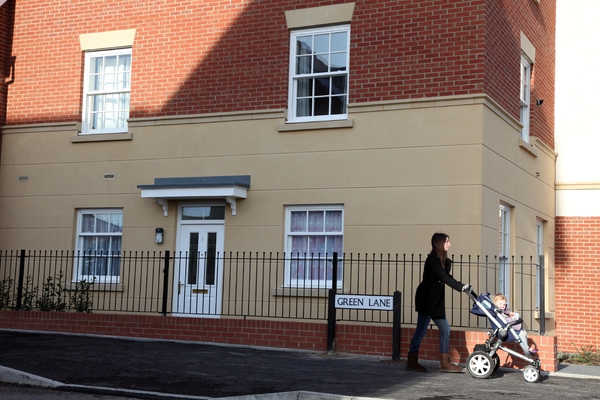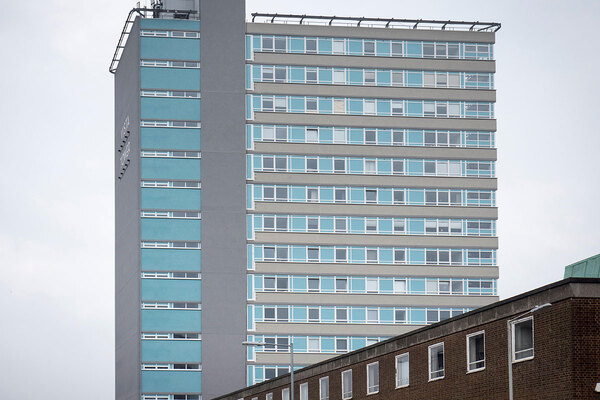 Jules Birch
Jules BirchTaking the strain
 Jules Birch
Jules BirchToday is the 21st anniversary of perhaps the most significant statement in the recent history of housing.
On 30 January 1991 the then housing minister Sir George Young was asked in parliament what the government was going to do about unaffordable rents. ‘Housing benefit will underpin market rents - we have made that absolutely clear,’ he said. ‘If people cannot afford to pay that market rent, housing benefit will take the strain.’
Housing benefit has indeed taken the strain ever since - of deregulation and soaring rents in the private rented sector and private finance and stock transfer in the social sector. In the process the annual bill has risen from £6bn to £22bn and it has come to underpin not just rents but the entire delivery of affordable housing too.
But for how much longer? Today, 21 years to the day since Sir George made that statement, a group of housing associations is warning that welfare reform by the DWP could make the housing plans of the DCLG unworkable.
The Consortium of Associations in the South East (CASE) represents nine different landlords providing affordable homes. Their report examines the unintended consequences of three different elements of the Welfare Reform Bill: the under-occupation penalty, direct payment of housing benefit to tenants and the household benefit cap. All three sound superficially sensible until you examine the detail and the implications.
Most of the arguments will be familiar to anyone reading this but in a week that sees the government pledge to reverse House of Lords defeats on under-occupation and the cap when the Bill returns to the Commons it’s worth a re-cap.
On the under-occupation penalty, there may be good reasons why a bedroom is not ‘spare’ and why a landlord has deliberately chosen to reduce child density on a particular estate.
But it’s the sheer numbers of people affected - 670,000 households - that are maybe of the greatest concern.
CASE members say it will simply be unworkable unless introduction is phased from April 2013. There are not enough one-bedroom properties for under-occupying tenants to move to and they would have to spend the next two years on the crazy strategy of building nothing but one-bed flats to make it work. The turnover rate of tenancies is half what would be required to meet the deadline and arrears are bound to increase.
On direct payments, the associations warn of significantly higher arrears and administrative costs.
They say that once the household benefit cap is in place all four-bedroom properties in the South East built for Affordable Rent will become unaffordable. And they are already reviewing whether to continue building three-bed homes that already threaten the cap and will exceed it if the cap does not rise with inflation. Financial considerations driven by the cap will override any local strategic tenancy policies.
However, the implications of the three measures go well beyond that and will directly impact on associations’ ability to finance and build new homes. They conclude that direct payments and the under-occupation penalty will result will cut new build capacity by 12 per cent and that this could get even worse if lenders react to perceived extra risk by increasing the cost of borrowing. Capacity would fall by 11 per cent for a 0.2 per cent increase in borrowing costs and 28 per cent for a 0.2 per cent drop.
‘As CLG embarks on a programme to increase housing supply, its sister department - DWP - is preparing to implement a policy that is certain to do the opposite,’ they say.
On under-occupation, the associations want the government to stick with the Lords amendment tenants with only one ‘spare’ bedroom and to phase in the cut for everyone else. On the cap, they want a relaxation for larger properties and a commitment to index it for inflation. On direct payments, they say that none of the concessions announced so far will work and that the plan should just be scrapped.
Hopefully the government is listening to at least some of that and CLG ministers have been making the same arguments to their DWP colleagues that Eric Pickles made in his leaked letter last year.
Or has the idea first proposed by Sir George Young 21 years ago today now itself collapsed under the strain?








